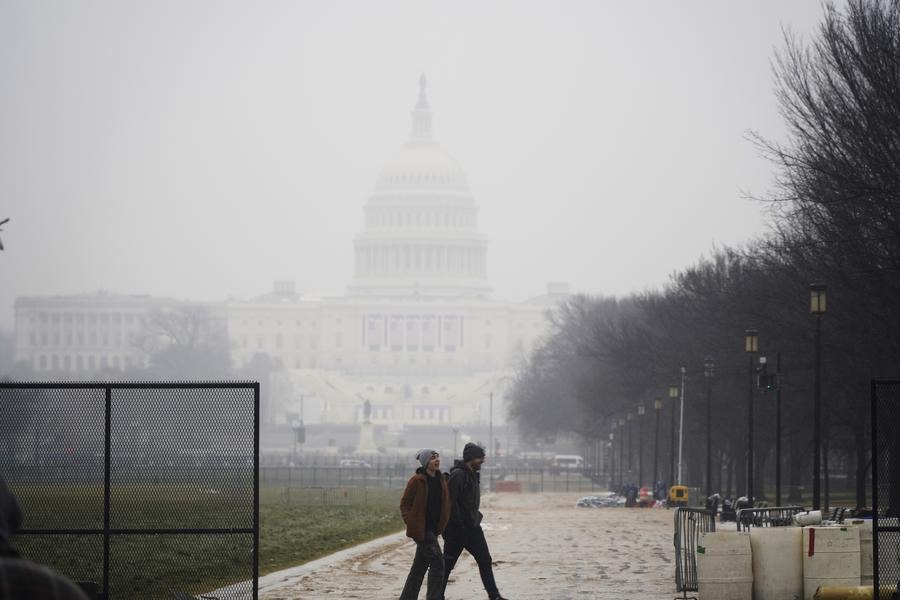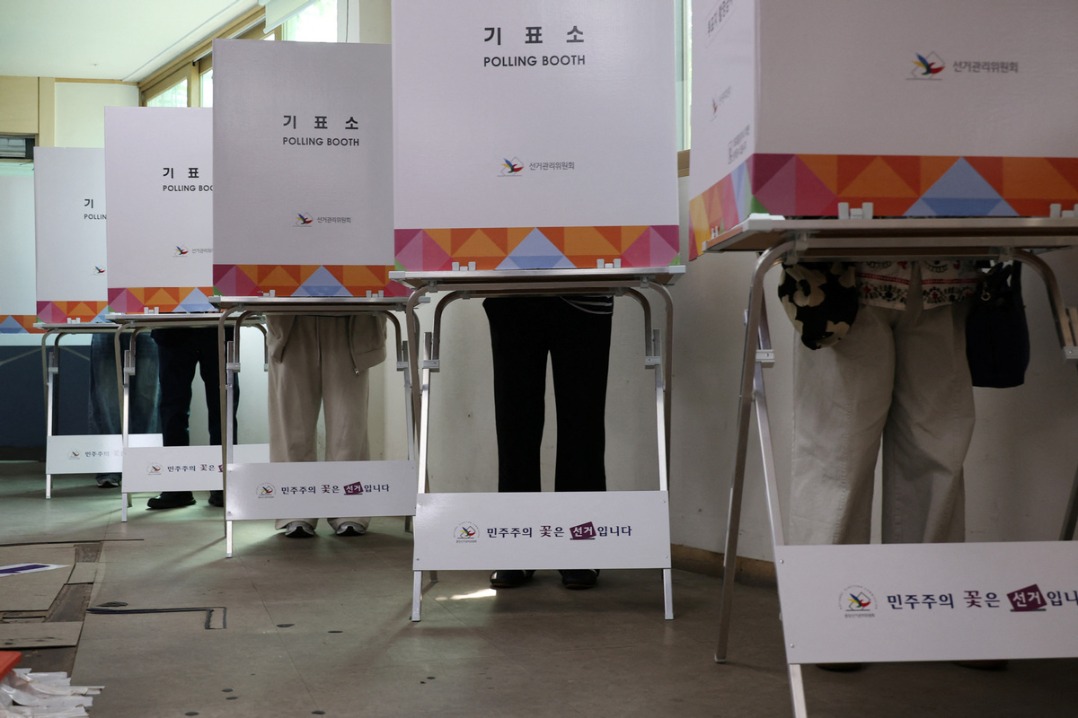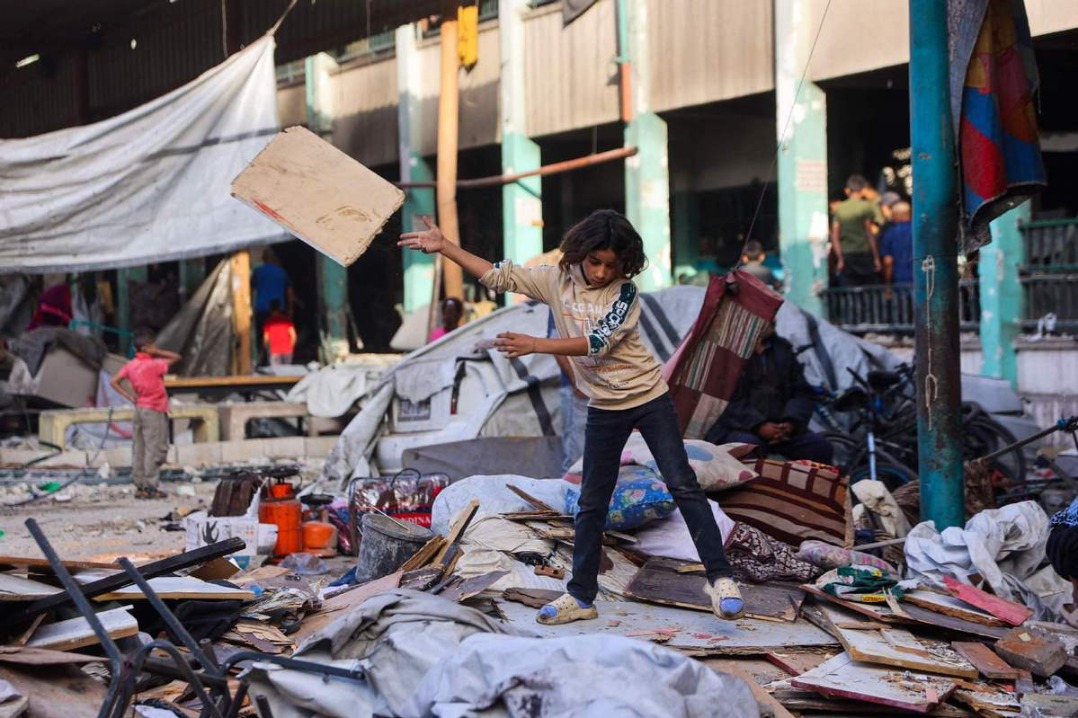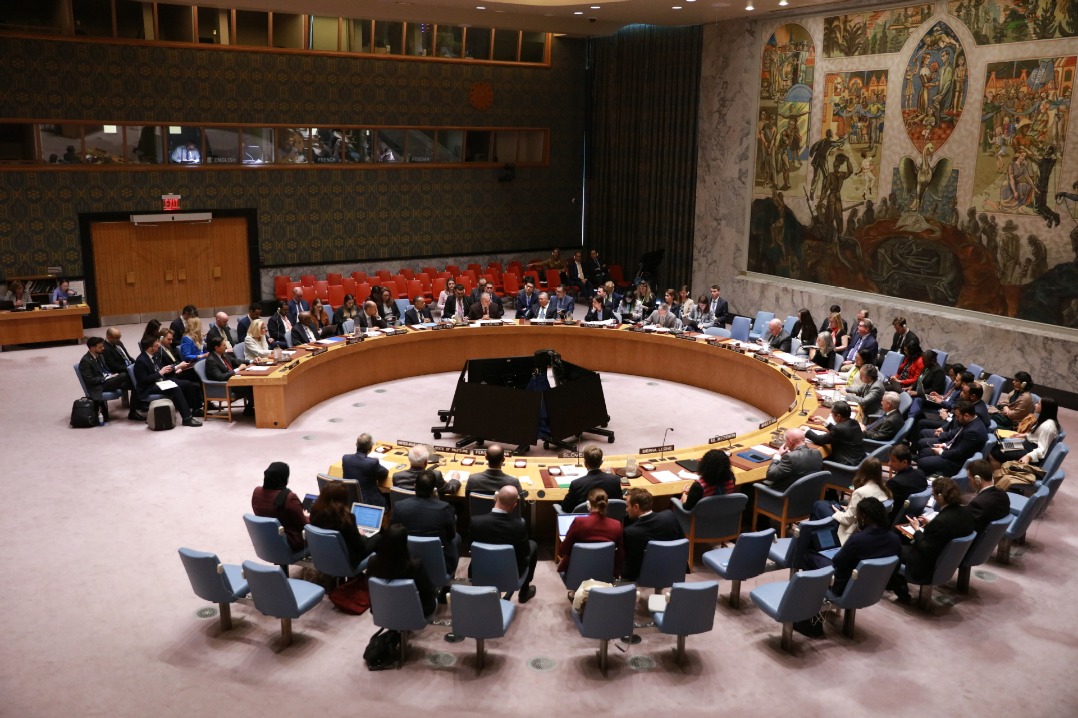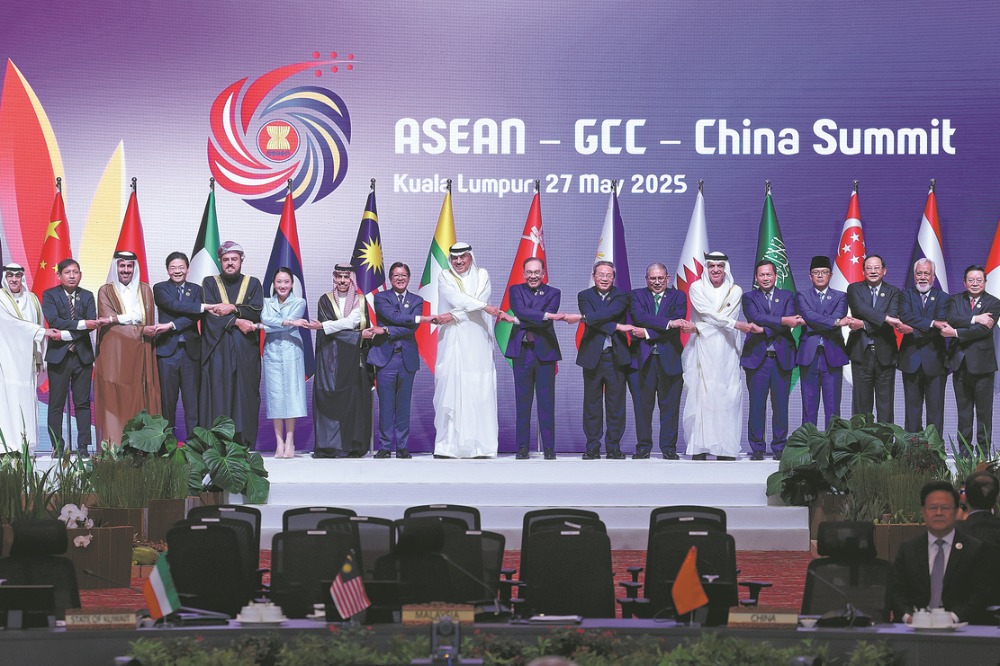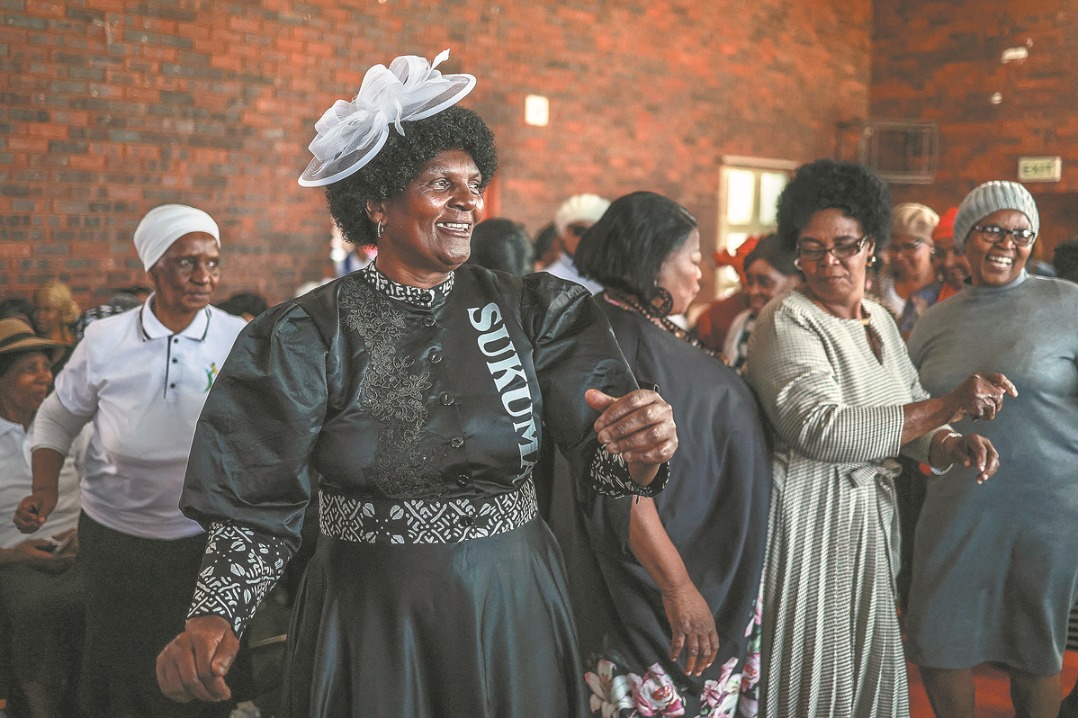Central banks now view climate change as threat

It has taken governments, business leaders and economic planners a long time to accept the fact that climate change is real. Central banks, too, have had to shift focus to accept the realities of climate change and its impact on monetary policy.
Monetary policy has traditionally been about analyzing and assessing a wide range of factors, such as inflation and interest rates, that affect a country's economy.
Few of these factors have the "scale, persistence and systemic risk of climate change", according to Guy Debelle, deputy governor of the Reserve Bank of Australia. He said the "supply shock" - a change in the supply of a product or commodity resulting from an unexpected event - from climate change is no longer temporary but "close to permanent".
At a time when people around the world are urging governments and businesses to step up environmental protection efforts, there is a growing awareness among those who draft monetary policy that climate change is no longer a debate topic but a reality.
The drought in eastern Australia last year has had a dramatic effect on economic output, reducing farm output by 6 percent and overall GDP by 0.15 percent.
The European Central Bank and the Bank of England have both acknowledged the impact of climate change on financial stability.
In December 2017, the Brookings Institution said in a discussion paper that disruptions caused by extreme weather events and attempts to mitigate them make forecasting the economy increasingly difficult. The paper concluded that there are important links between "climate change and monetary policy regimes".
European central bankers, led by Bank of England Governor Mark Carney, have started discussing the financial implications of climate change. At the end of last year, the European Central Bank told banks that climate-related risks have been identified as a key risk driver affecting the euro area's banking system.
In a speech in Berlin on Nov 8, Benoit Coeure, a member of the executive board of the European Central Bank, said climate change and its impact on monetary policy have received little attention "both in policy and in academia".
A paper by Roland Rajah published on March 13 by the Lowy Institute, a Sydney-based think tank, addressed the comments made by the Reserve Bank of Australia's Debelle on climate change.
Some might question what the role of the central bank is to weigh in on such matters. Debelle's answer is simple and notable - "because climate change has a significant bearing on the macroeconomic outcomes, such as growth and inflation, which are the RBA's core mandate".
Australia's Climate Council, in a report in February titled Weather Gone Wild, noted temperatures nudging 50 C and described bush fires ravaging rainforests and people at increased risk of cardiac arrest due to heat waves as "the new normal for Australia".
Around the world, global warming has contributed to a range of freak weather events that are no longer one-offs, but regular occurrences that have become serious impediments to economic management.
At a public forum in Sydney on March 12, Debelle said: "We need to think in terms of trends rather than cycles in the weather. Droughts have generally been regarded (at least economically) as cyclical events that recur every so often. In contrast, climate change is a trend change. The impact of a trend is ongoing, whereas a cycle is temporary."
Released earlier this year, the World Economic Forum's Global Risks Report 2019 put "extreme weather" caused by climate change as the greatest threat facing the planet.
This is the third year in a row that climate change has been listed as the top economic and geopolitical risk.
The United Nations Intergovernmental Panel on Climate Change said the planet has warmed by 1 C from pre-industrial levels due to human activities. But it warns that another half degree of warming will occur over the next 10 to 30 years if warming continues at the current rate.
The UN said some areas will experience greater warming than others, which will result in extreme weather events. No country sits in isolation when it comes to climate change.
The question facing central bankers is how quickly and easily the economy can adjust to climate-related shocks, particularly if the shocks are extreme.
Extreme weather events and sea level rise can result in damaged crops, flooding of major cities and industrial areas, coastal erosion that destroys property, extensive power outages, infrastructure damage and the dislocation of workers.
These are all what economists describe as negative supply shocks. Spikes in crop prices might be temporary, but sea level rise may permanently destroy productive coastal land.
These are the problems that central bankers must now face.
The author is a China Daily correspondent based in Sydney. The views do not necessarily reflect those of China Daily.
















